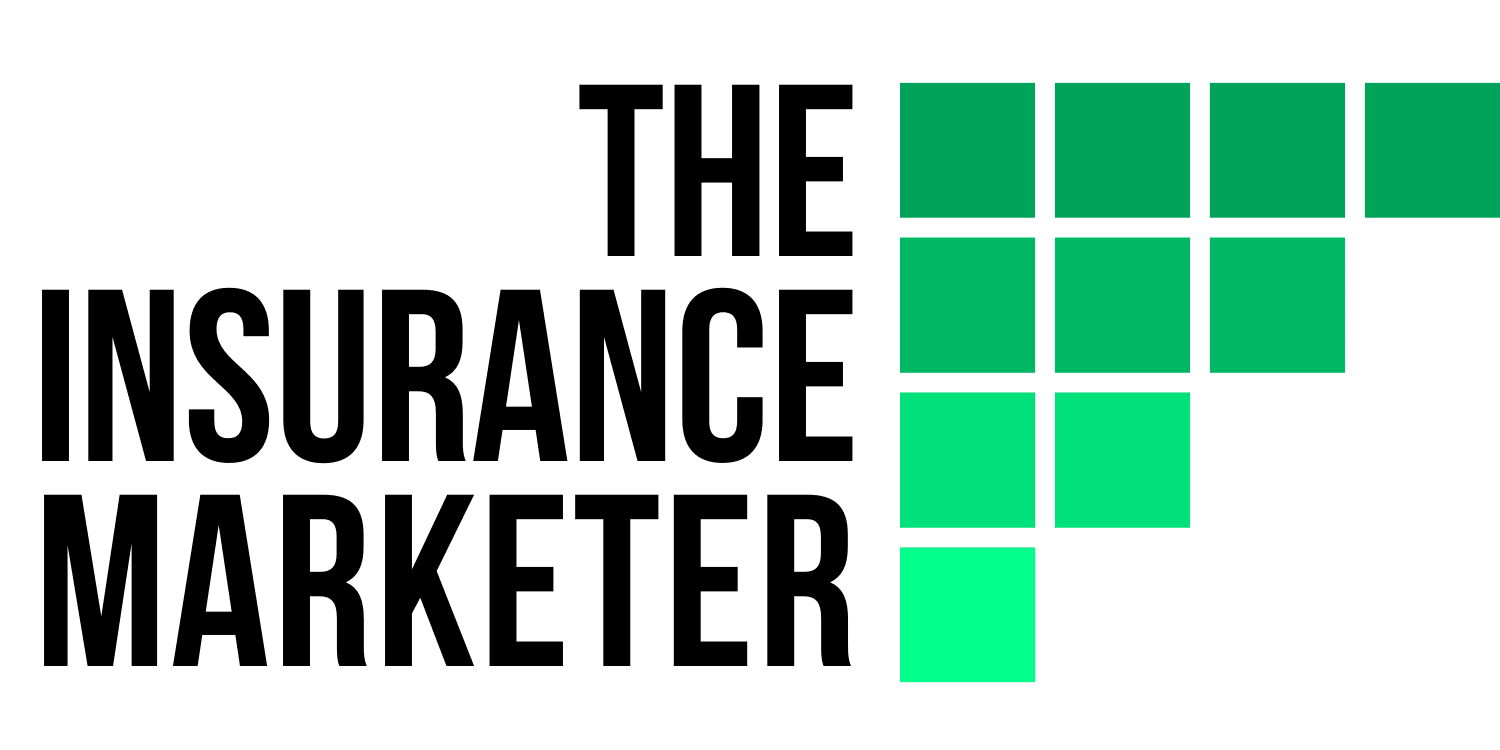If you are an insurance agent, you know how challenging it can be to generate new leads consistently. With the abundance of insurance agencies and brokers out there, it can be tough to stand out from the competition. But, with the right lead generation strategies in place, you can gain an edge and attract potential clients to your business. In this article, we’ll explore some proven insurance lead-generation strategies that work.
Understanding the Importance of Insurance Lead Generation
Before we dive into the strategies themselves, let’s take a moment to understand why lead generation is crucial for insurance agents. Essentially, lead generation is the process of attracting and converting potential customers into actual ones. For insurance agents, this means finding people who are interested in buying insurance policies, educating them about their options, and convincing them to choose your business over others. Without a steady stream of new leads, your business may stagnate or even decline, so it’s important to prioritize lead generation as a critical part of your marketing efforts.
Strategy 1: Social Media Marketing
Social media platforms such as Facebook, Twitter, and LinkedIn can be powerful tools for insurance agents looking to generate leads. By creating a strong social media presence, you can reach a large audience, build brand awareness, and engage potential customers. Some effective social media strategies for insurance agents include:
- Posting informative and engaging content regularly
- Sharing testimonials and success stories from happy clients
- Hosting live Q&A sessions or webinars on insurance-related topics
- Running targeted ads to reach specific demographics
Strategy 2: Content Marketing
Content marketing is the process of creating valuable, relevant, and consistent content to attract and retain a clearly defined audience. For insurance agents, content marketing can be an effective way to educate potential clients about the benefits of insurance and establish yourself as an authority in the industry. Some content marketing strategies for insurance agents include:
- Creating blog posts or articles on insurance-related topics
- Developing informative videos or podcasts
- Offering free e-books or guides on insurance buying and decision-making
- Writing guest posts for industry publications to reach a wider audience
Strategy 3: Referral Marketing
Referral marketing is the process of encouraging satisfied clients to refer their friends and family to your business. This can be an effective way to generate new leads since people are more likely to trust recommendations from people they know. Some effective referral marketing strategies for insurance agents include:
- Offering incentives or rewards for clients who refer new business
- Creating a referral program with specific guidelines and goals
- Providing excellent customer service to encourage positive reviews and word-of-mouth recommendations
Strategy 4: Search Engine Optimization
Search engine optimization (SEO) is the process of optimizing your website and online content to rank higher in search engine results pages. By improving your visibility in search engines like Google, you can attract more traffic to your website and generate new leads. Some effective SEO strategies for insurance agents include:
- Conducting keyword research to identify relevant, high-traffic keywords
- Optimizing your website and content for those keywords
- Building high-quality backlinks to your website from other authoritative sites
- Creating a mobile-friendly website that loads quickly and is easy to navigate
Strategy 5: Networking and Community Involvement
Networking and community involvement can be powerful ways to generate new leads as an insurance agent. By attending industry events, participating in community organizations, and building relationships with other professionals, you can expand your reach and establish yourself as a trustworthy and reliable resource for insurance needs. Some effective networking and community involvement strategies for insurance agents include:
- Joining industry associations and attending conferences
- Participating in local business groups and organizations
- Sponsoring community events or charity initiatives
- Hosting educational seminars or workshops for potential clients
Conclusion
generating new leads is crucial for insurance agents looking to grow their business and stand out from the competition. By implementing a combination of the proven strategies outlined above, insurance agents can attract and convert potential customers into actual clients. At the end of the day, lead generation is an ongoing process that requires consistent effort and a willingness to adapt to changing market conditions and consumer preferences.
FAQs
What is lead generation in insurance?
Lead generation in insurance refers to the process of identifying and attracting potential clients who are interested in purchasing insurance policies.
Why is lead generation important for insurance agents?
Lead generation is important for insurance agents because it helps them attract new clients and grow their business. Without a steady stream of new leads, insurance agents may struggle to compete in a crowded market.
What are some effective social media strategies for insurance agents?
Some effective social media strategies for insurance agents include posting informative and engaging content regularly, sharing testimonials and success stories from happy clients, hosting live Q&A sessions or webinars on insurance-related topics, and running targeted ads to reach specific demographics.
What is referral marketing in insurance?
Referral marketing in insurance refers to the process of encouraging satisfied clients to refer their friends and family to your business. This can be an effective way to generate new leads since people are more likely to trust recommendations from people they know.
How can insurance agents improve their SEO?
Insurance agents can improve their SEO by conducting keyword research to identify relevant, high-traffic keywords, optimizing their website and content for those keywords, building high-quality backlinks to their website from other authoritative sites, and creating a mobile-friendly website that loads quickly and is easy to navigate.




